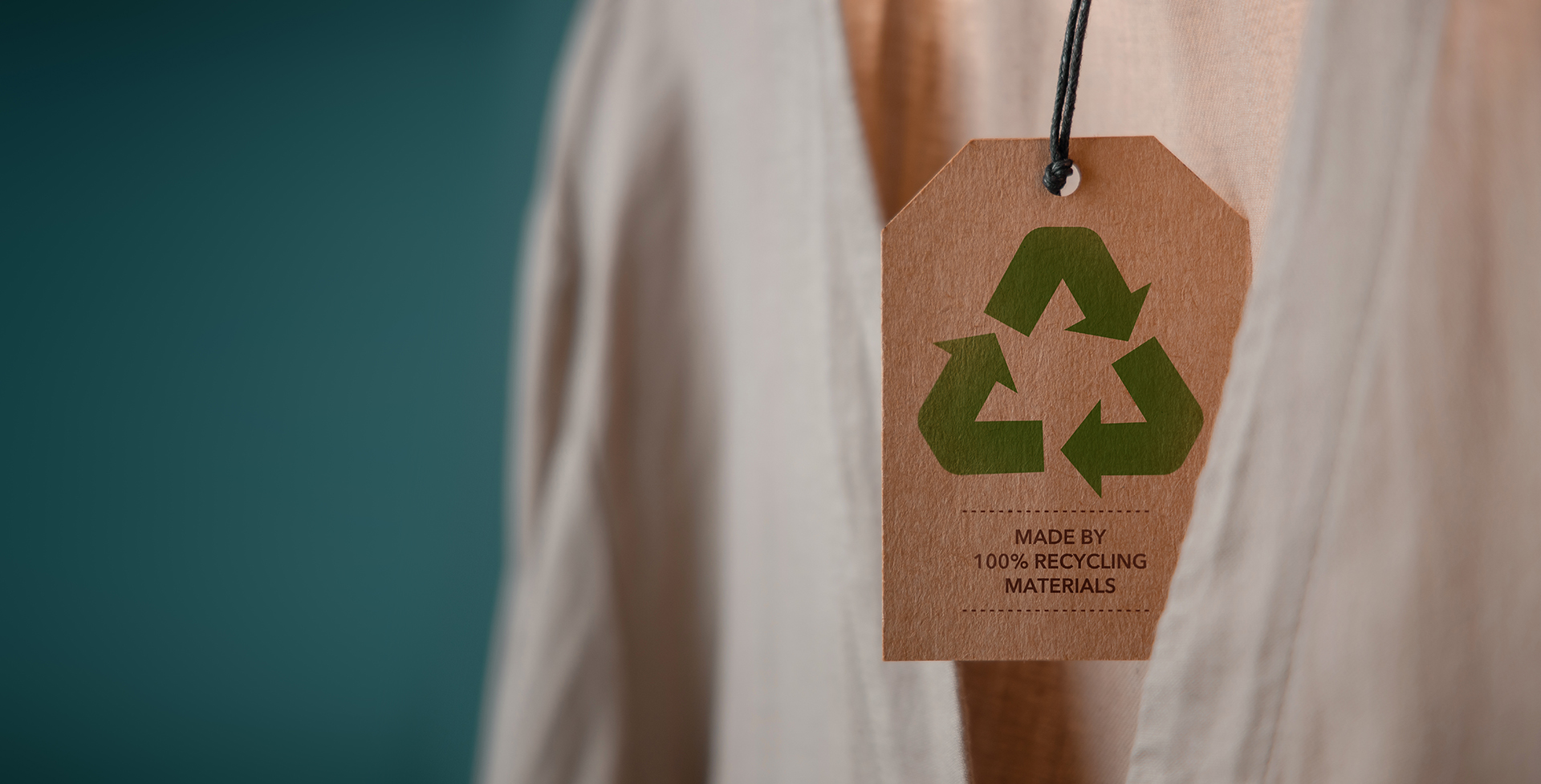
LITTLE GREEN DRESS
“Greenwashing” in Fashion and How 2024 Can Be the Year to Make Meaningful Change
By Natalie Bencivenga
JANUARY 23, 2024
By now, most of us have heard of “eco-friendly” terms when it comes to fashion. Terms like “sustainable practices,” “vegan leather,” and “organic materials” are buzzwords all over the Internet, and in local and national shops. The claims go on and on, but in reality, many of these terms don’t actually mean much when it comes to “being green.”
For instance, a brand may launch a campaign that focuses on reducing single-use plastics in their stores while continuing to produce clothing that is not only environmentally harmful, but also creates unsafe conditions for workers.
Marketing has become savvier, pulling on people’s heartstrings who want to do better for the environment but have little avenue to do so. As more and more consumers recognize the impact that global boiling is having on their communities, environments, and personal lives, it is imperative that we hold corporations to task and recognize our collective power as it pertains to the clothes we wear, self-care products we use, and items we bring into our homes.
In fact, when consumers are misled into thinking that a product or brand is “eco-friendly,” they are less likely to seek out sustainable options and the industry as a whole won’t be held accountable for the environmental harm it causes. So what can we do?
Read your labels. If the language is vague or ambiguous on products, saying things like “natural” or “eco-conscious,” look further to see if these claims are actually backed by evidence or data.
Credible certifications should be labeled clearly on the product. Third-party organizations like USDA Organic, Fair Trade or Energy Star have strict standards and conduct rigorous tests to ensure that products actually meet the standards that they have set for social and environmental responsibility.
Research the company. Before you buy a product, look up the company and read about its environmental practices, commitment to sustainability and any environmental certification they may have.
Buy less. This one is hard when it is so easy with a swipe of a screen to purchase items as often as we want to. But think of it this way: Do you need another pair of black boots? How often are you actually going to wear those pink pleather pants? Are another pair of sunglasses really going to brighten your day? By pausing on what we are purchasing – or even leaving it in your cart overnight – the impulse may pass and you may feel differently in the morning.
Be skeptical. If it seems too good to be true – it probably is.
Connect with your political representatives and get activated in the next election cycle in your district. This issue cannot be solved by just individual action alone. Corporations are one of the world’s most significant contributors to pollution worldwide. Research who is running for office or working to be re-elected and demand they act on a Green New Deal, which aims to address economic inequality and climate change.
This world belongs to all of us and we don’t have to accept these systems of harm. Collective action around the world will be what drives change and each individual action is a push forward towards the goal of a healthier world.

Leave A Comment